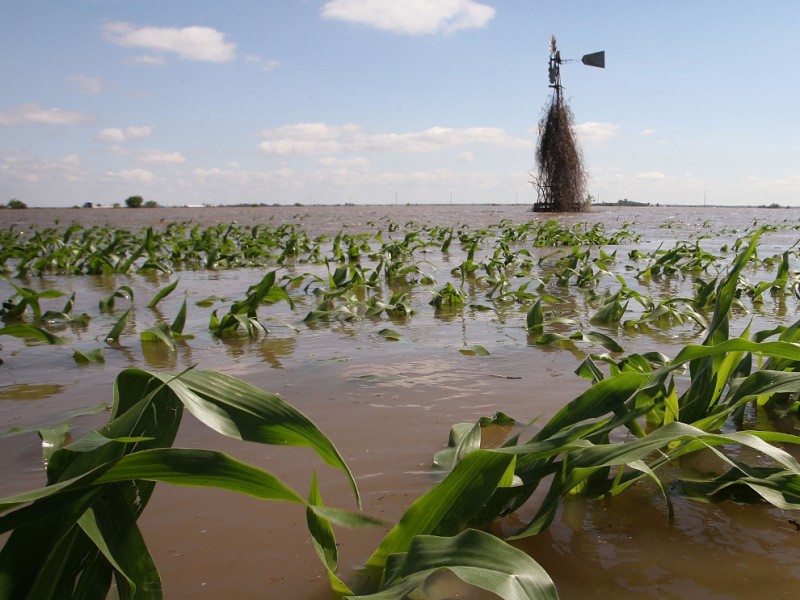Media reports have been filled with reports of flooding in several states in Nigeria in the last few months. Thousands of hectares of farmland has been destroyed by floodwater, and the president of the All Farmers Association of Nigeria, Kabiru Ibrahim has warned that food supplies will be adversely affected, as most farmers were ready to harvest their produce when the floods hit. With over 600 people reported to have died, and millions more displaced, analysts say that the impact of this year’s floods is set to surpass that of 2012.
This is troubling information, because flooding will further exacerbate the already tenuous food security situation in Nigeria, especially in the North-East; where the Boko Haram conflict has pushed 8.4 million people into food insecurity. A 27.3 score on the Global Hunger Index (GHI) shows that Nigeria has a level of hunger that is severe.
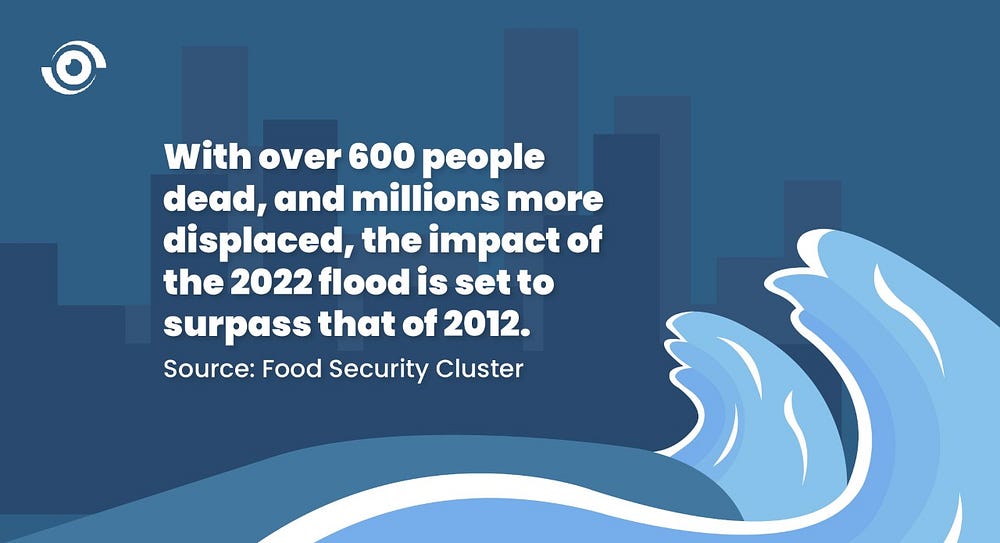
Flooding and Food Security
Adaku Jane Uchendu, a Nigerian researcher at Queen’s University, Ontario, connected the dots between flooding and its impact on food security. According to her research, flooding adversely affects food availability, accessibility, nutritional worth and stability.
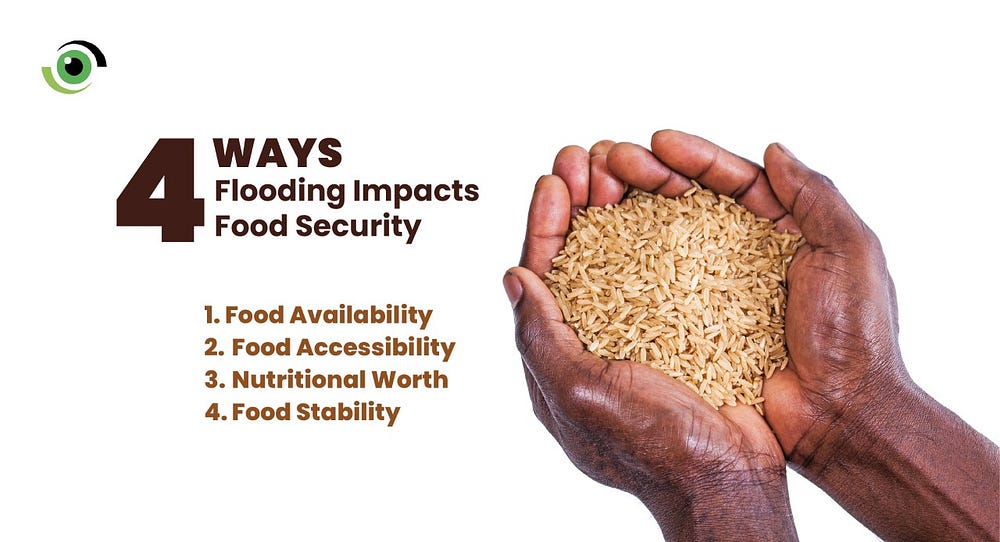
Flooding degrades the environment and destroys crops, farm settlements, livestock, and seedling stores. This reduces harvest and affects the next planting season, resulting in a food shortage crisis. Floods also wash away fish stock, leading to a loss of income for the farmers and the loss of a valuable source of protein for families.
More than 80% of Nigerian farmers are defined as smallholder farmers because the size of their farmland is less than 5 hectares, and they cultivate, process, and eat directly from their farms. These smallholder farmers are also often the worst affected by flood disasters as they lose their primary source of income. They have limited financial protection, so they lack the resources which would enable them to purchase food, seeds, or seedlings.
Flooding also degrades the soil, reducing its nutritional value which in turn results in lower crop yields and reduced nutritional value of food produced. The body’s ability to absorb micronutrients is affected if the nutrient composition of foods is altered. Reduced access to foods with a high nutritional value increases the risk of low birthweight and stunting in children.
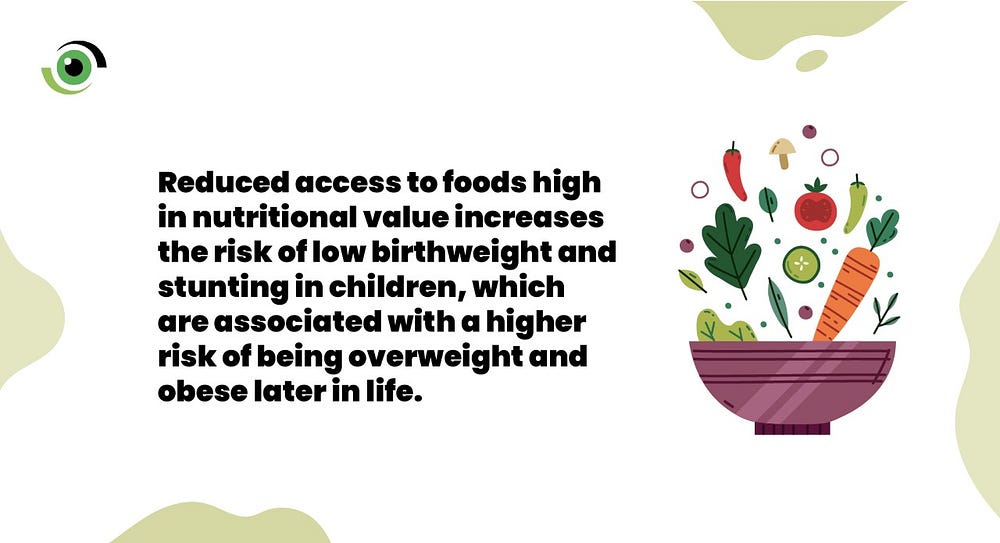
A decline in agricultural productivity affects the availability of food items and increases the inflationary pressure on food prices, with the continuous declines in food supply making many food items inaccessible to a large section of Nigeria’s population, most of whom are already low-income and vulnerable. The high prices and reduced availability of some of the basic food stables like rice can force consumers to opt for less nutritious alternatives. Clearly, the impact is far reaching.
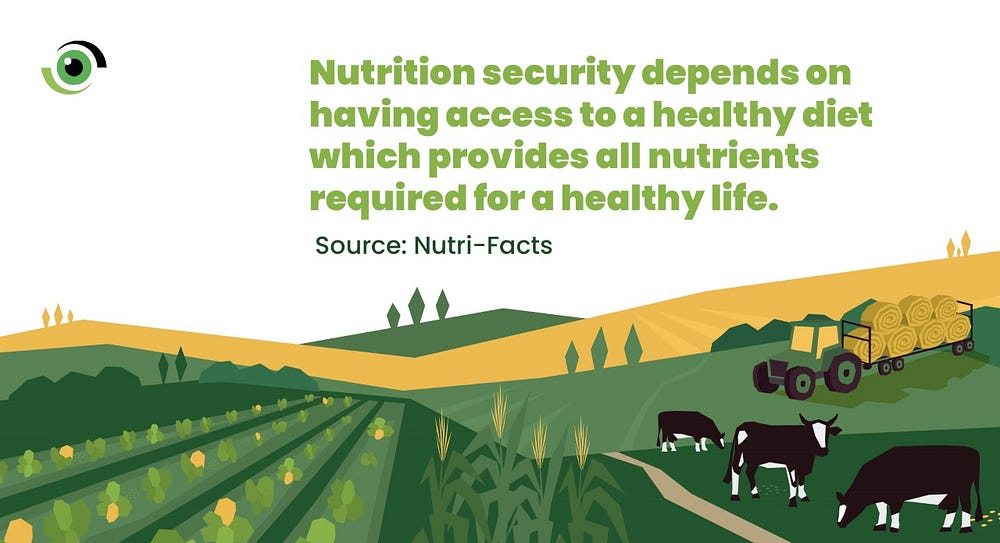
Not ‘If’ but ‘When’
Flooding isn’t a novel challenge in Nigeria; it is one of the most prevalent natural disasters in the country. However, this year, a combination of unusually heavy rains coupled with the release of water from the Lagdo dam in neighbouring Cameroun has wreaked the most havoc on human lives, farmlands and property. While this is the worst flooding incidence since 2012, it will not be the last as the question is not whether there will be another flood, but when another flood will occur. What then can Nigeria do to protect its food security as beyond climate change, economic downturns and conflict also undermine food stability and nutrition in the country.
Most of the national policies and programmes pertaining to food security don’t account for how flooding can impact food security negatively.
- Relevant government Ministries, Departments and Agencies (MDAs) such as the Federal Ministry of Agriculture & Rural Development, Ministry of Environment and Ministry of Health need to conduct studies that measure the impact of floods on food security and develop adequate mitigation measures.
- The measures could include developing and strengthening the country’s flood security mechanisms, establishing emergency food banks, and limiting food waste by instituting effective food storage systems in all 36 states.
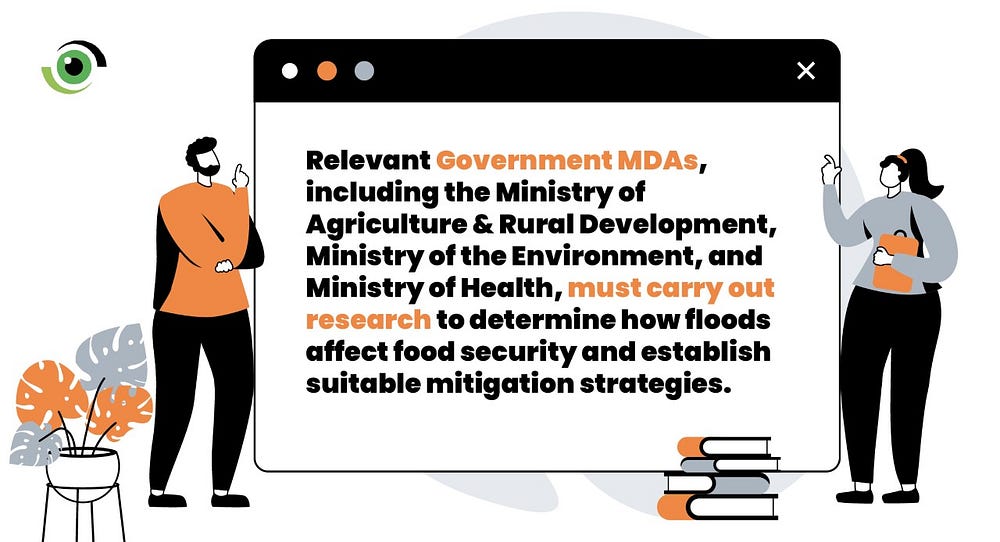
Proposed budgetary cuts in nutrition
A review of health budget line items in the proposed 2023 Budget, revealed that funds allocated to Maternal, infant and young child feeding interventions and the Accelerating Nutrition Results in Nigeria (ANRIN) programme were reduced by 50% and 25%, respectively. Given the current food security landscape and global food security outlook, this ought to be reviewed. Interventions needed to address the factors that impact Nigeria’s food security require a coherent set of policies, investments and legislation to help increase food availability, accessibility, nutritional worth, and stability in the country.
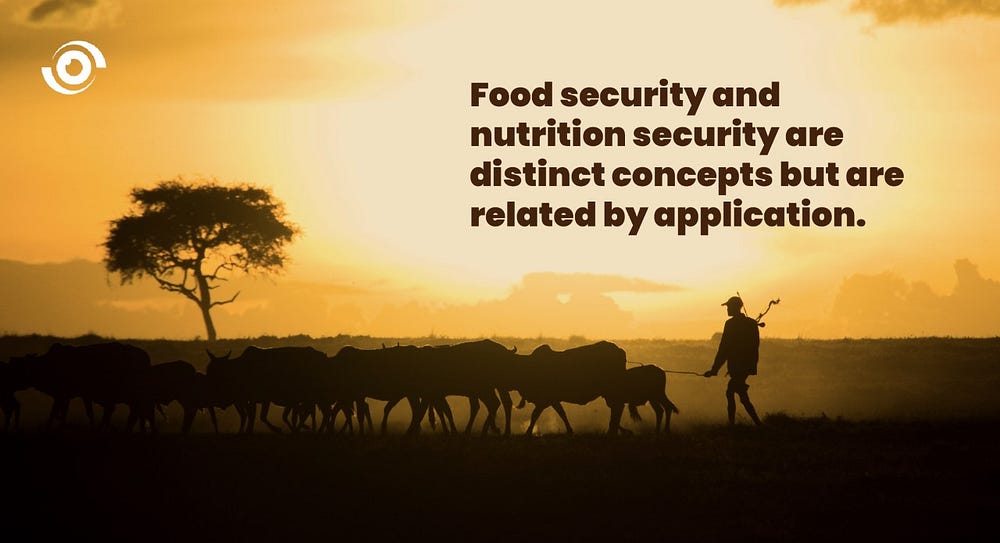
Nutritional well-being is a pre-condition for development and a key indicator of progress in human development. Food, especially fresh farm-grown food is the most important source of proper nutrition. When the factors of availability, accessibility, nutritional worth, and stability are threatened, achieving proper adult and child nutrition is very adversely impacted.


